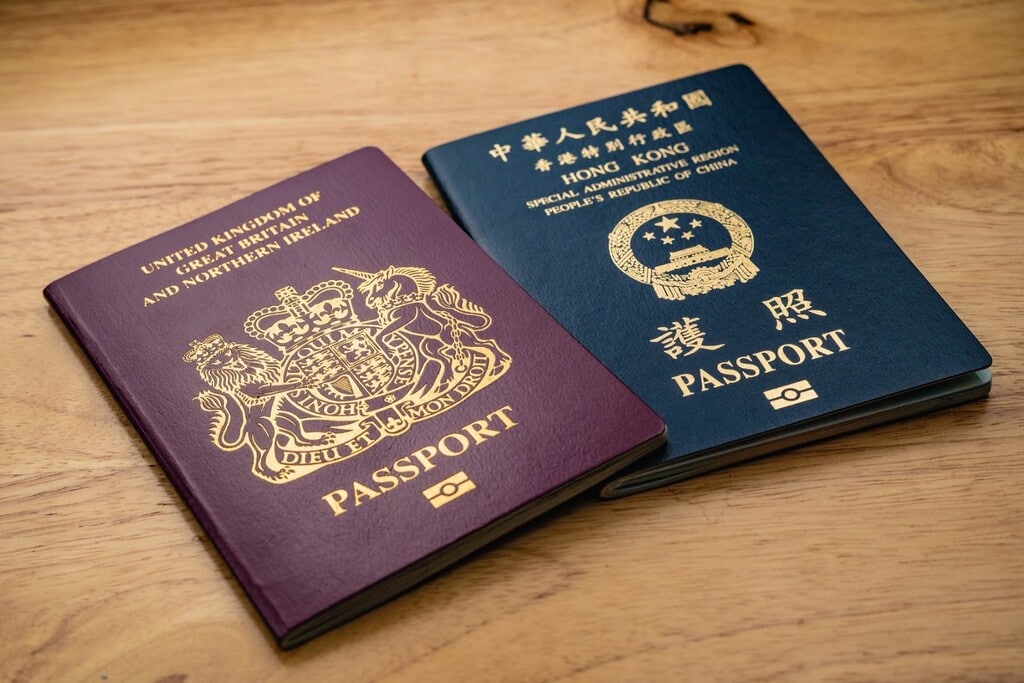Sanctions on Counsel for frivolous claims

UK Government Cancels Malik Riaz’s Visa
February 1, 2022
Fintech In Pakistan 2022 – Lexology x Asma Hamid Associates
March 28, 2022In December last year, Justice Sardar Ejaz Ishaq Khan, sitting at the Hon’ble High Court, Islamabad, considered the petition of Samson’s Group of Companies v Panther Developers and others Writ Petition No. 4435 of 2021.
Whilst the petition was dismissed, the point of interest was the approach taken on the matter of costs.
At paragraph [20] of the judgment, the Court held:
“I find the plea of the jurisdiction resting with the Company Bench of the High Court to be vexatious, as counsel failed (by design or inadvertence, I cannot say with certainty, but if latter, is not expected of experienced counsel) to advert to section 278 of the Companies Act, 2017 titled “Power for companies to refer matters to arbitration” and could not have been missed by one reading even only the table of contents of the said Act. This plea is legal, and responsibility for this plea falls on the counsel alone, for which he is fastened with costs of Rs.10,000/-.”
This is an approach which is rarely taken by the Pakistani judiciary.
For years the Pakistani courts have been clogged with an enormous backlog of cases. It can take cases over 20 years from the date of inception to final disposal at the Supreme Court. Competent practitioners will know that a large number of the these cases are based on meritless and frivolous grounds, and are only intended to delay the enforcement of an outcome which is already known. Nonetheless, these meritless cases continually build the backlog in the courts, and deprive the genuine cases of the opportunity to be heard.
There are only a limited number of options available to the judiciary and the legal system to address this problem. One of these options is to impose sanctions on lawyers who advise their clients to pursue meritless claims.
Some may consider this approach to be impractical, as it would require Counsel to assess the merits of their case before it is even determined. However, that is exactly what will ensure that lawyers properly consider a case before taking it on. Furthermore, it would force instructed lawyers to uphold their duty towards their clients, and their overriding duty to the courts.
In my view, more judges should adopt this approach. Greater sanctions should be attached in circumstances where the violation is gross. For the purposes of Counsel in the above case, the sanction of Rs. 10,000, in my view, was far too low.
The English and Welsh courts adopted a similar approach in 2012 – to address the significant backlog of cases in the High Court. In R (Hamid) v Secretary of State for the Home Department [2012] EWHC 3070 (Admin), the High Court affirmed that it has the power to oversee the conduct of lawyers, and if necessary, refer some to their regulator for formal investigation.
As a result of this approach, in fear of losing their license, many practitioners have taken a cautious approach before advising their clients to pursue an appeal or judicial review. Not only has this filtered out the frivolous cases, but it has also strengthened the duty upon practitioners to further the administration of justice.
A similar approach by the Pakistani judiciary will only benefit them, the lawyers, and most importantly, the population who seek justice for their genuine claims.
The next question is, how far can the judiciary go in sanctioning these lawyers?




